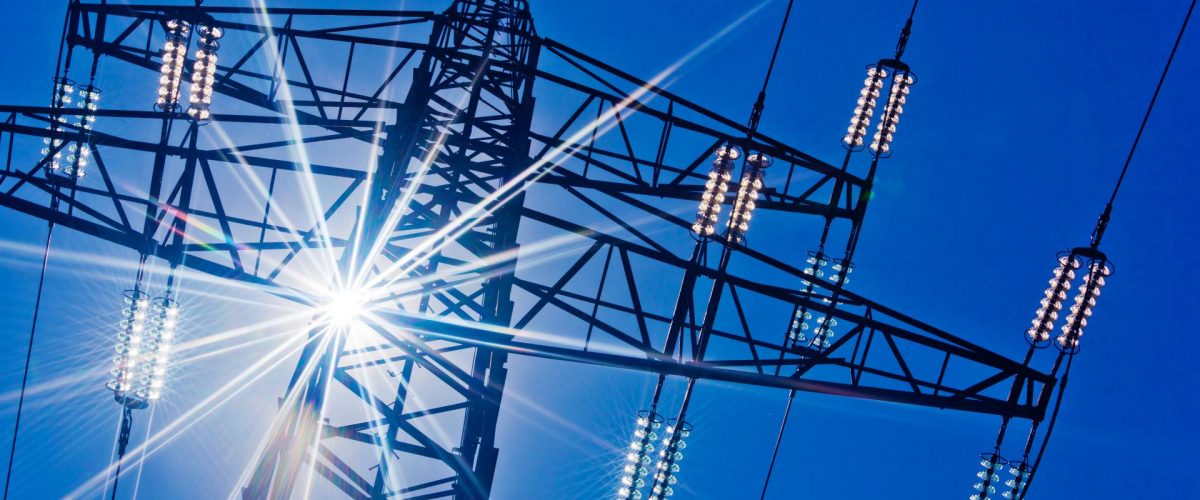
Sam Ikeotuonye
Lagos — The Nigerian power sector will have to contend with funding shortfalls due to lack of investment and grid stability issues in this third quarter, Q3, of the year, according to latest projection by the Society of Energy Editors, SEE.
The society made the projection as part of information in its recently released Third Quarter Outlook for Nigeria Energy Sector, July – September 2024.
It, however, sees power generation increasing during the quarter as new plants come on stream while also forecasting that transmission and distribution infrastructure upgrades will continue in the sector in the quarter.
According to information in the Outlook, the electricity sector would likely witness industrial unrest “as workers may protest over unpaid wages and benefits”. “Workers are also poised to show solidarity with organised labour over cost-of-living crises,” the Third Quarter Outlook projected.
The Outlook also projected a potential labour unrest in the downstream and upstream petroleum sector in solidarity with organised labour regarding the cost-of-living crises.
The Society of Energy Editor’s Third Quarter Outlook for Nigeria Energy Sector is the second edition in the series for 2024, following the Second Quarter Edition released earlier in the year by the society.
The Outlook also forecast increased oil production for Nigeria in the third quarter of the year, covering the period July to September.
It said the increased oil production for Nigeria in the quarter will result from new oil fields coming online and ongoing efforts to revamp existing fields to boost output.
It also predicted increased confidence in the Nigerian oil and gas sector as it said the management of the 2024 marginal fields bid round by the Nigerian Upstream Petroleum Regulatory Commission, NUPRC, would impact investor confidence.
The Outlook indicated that possible challenges for the nation’s upstream oil and gas sub-sector in the quarter under review will include security issues in the Niger Delta, ongoing divestments by oil majors, lack of investments, decaying infrastructure, poor governance structure, and poor implementation of the Petroleum Industry Act, PIA.
In the downstream petroleum sub-sector, the projections are that the nation’s refineries will operate at limited capacity due to unending maintenance and upgrades while fuel imports will remain high, putting pressure on the country’s foreign exchange reserves.



